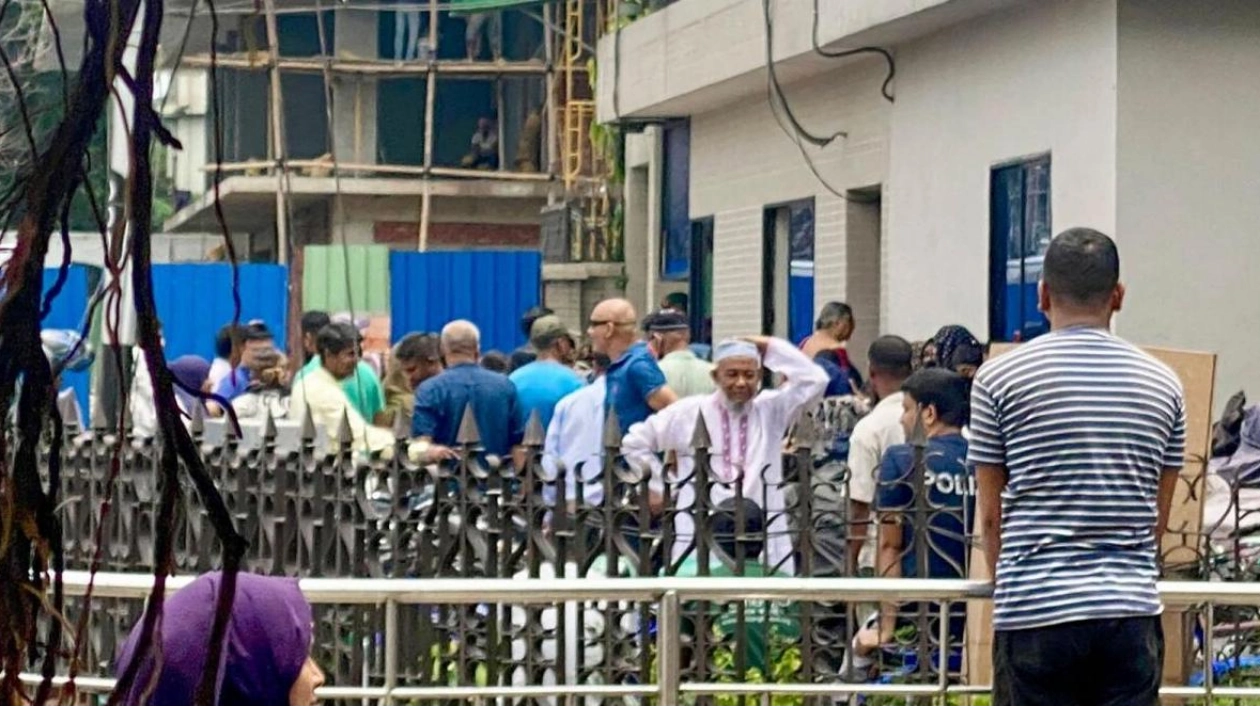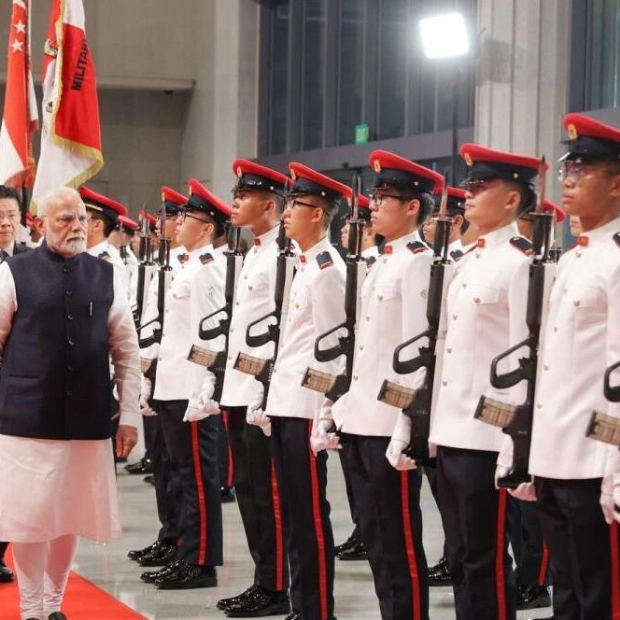On Tuesday, families of political prisoners who were secretly jailed in Bangladesh under the rule of the ousted premier Sheikh Hasina anxiously awaited news about their loved ones, as some of those who had gone missing were released.
"We need answers," stated Sanjida Islam Tulee, a coordinator of Mayer Daak, or "The Call of the Mothers," an organization advocating for the release of individuals detained by Hasina's security forces. Rights groups have accused Hasina's security forces of abducting and making approximately 600 people disappear, including many members of the main opposition Bangladesh Nationalist Party and the banned Jamaat-e-Islami.
Tulee informed AFP that at least 20 families had congregated outside a military intelligence building in a northern Dhaka neighborhood, seeking information about their relatives. Army chief General Waker-Uz-Zaman declared on Monday that Hasina had resigned following weeks of fatal protests, and the military would establish a caretaker government. Subsequently, President Mohammed Shahabuddin, after consulting with the army chief, announced the release of all those arrested during the student protests, along with key opposition leader Khaleda Zia.
Former prime minister Zia, 78, the chairperson of the Bangladesh Nationalist Party (BNP), who has been in poor health and mostly under house arrest since being sentenced to 17 years in prison for corruption in 2018, was among those released. Also released on Tuesday was opposition activist and lawyer Ahmad Bin Quasem, the son of the executed leader of Jamaat-e-Islami, Mir Quasem Ali.
"He was released from secret detention this morning," said family friend and relative Masum Khalili to AFP. "He underwent a medical check-up, and his condition is stable." Quasem, a British-educated barrister, was allegedly abducted by security forces in plainclothes in August 2016. During Hasina's tenure, security forces were accused of detaining tens of thousands of opposition activists, executing hundreds in extrajudicial encounters, and causing the disappearance of their leaders and supporters. Human Rights Watch reported last year that security forces had committed over 600 enforced disappearances since Hasina took power in 2009, with nearly 100 still unaccounted for. Hasina's government has denied the allegations of disappearances and extrajudicial killings, claiming that some of those reported missing perished in the Mediterranean while attempting to reach Europe.
"We've heard that Ahmad Bin Quasem has been released," Tulee remarked, "but what about the others?"






